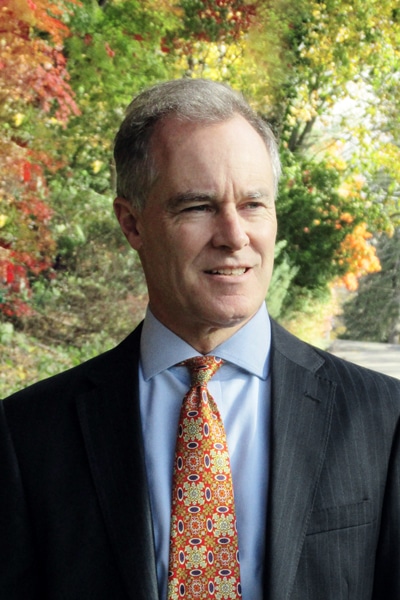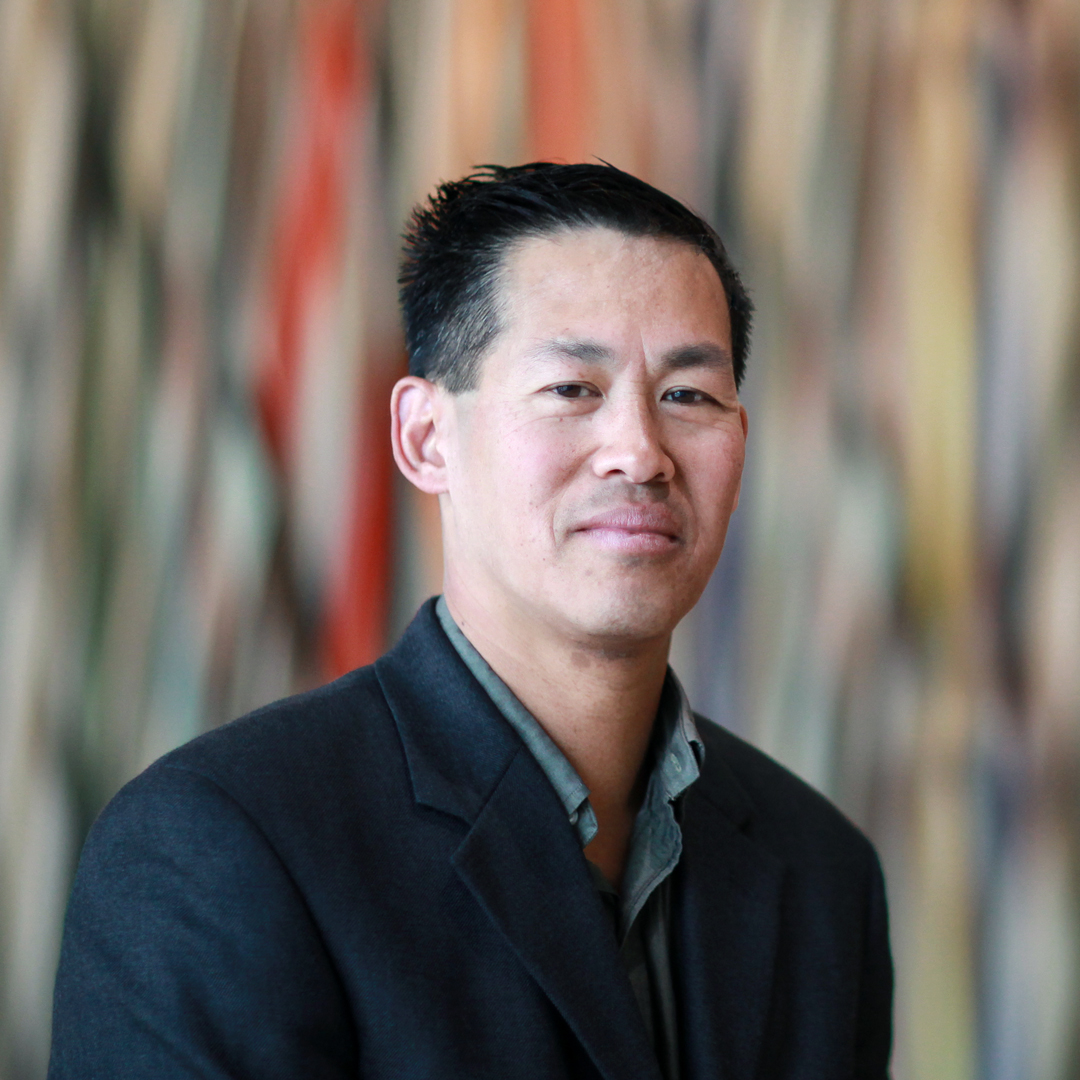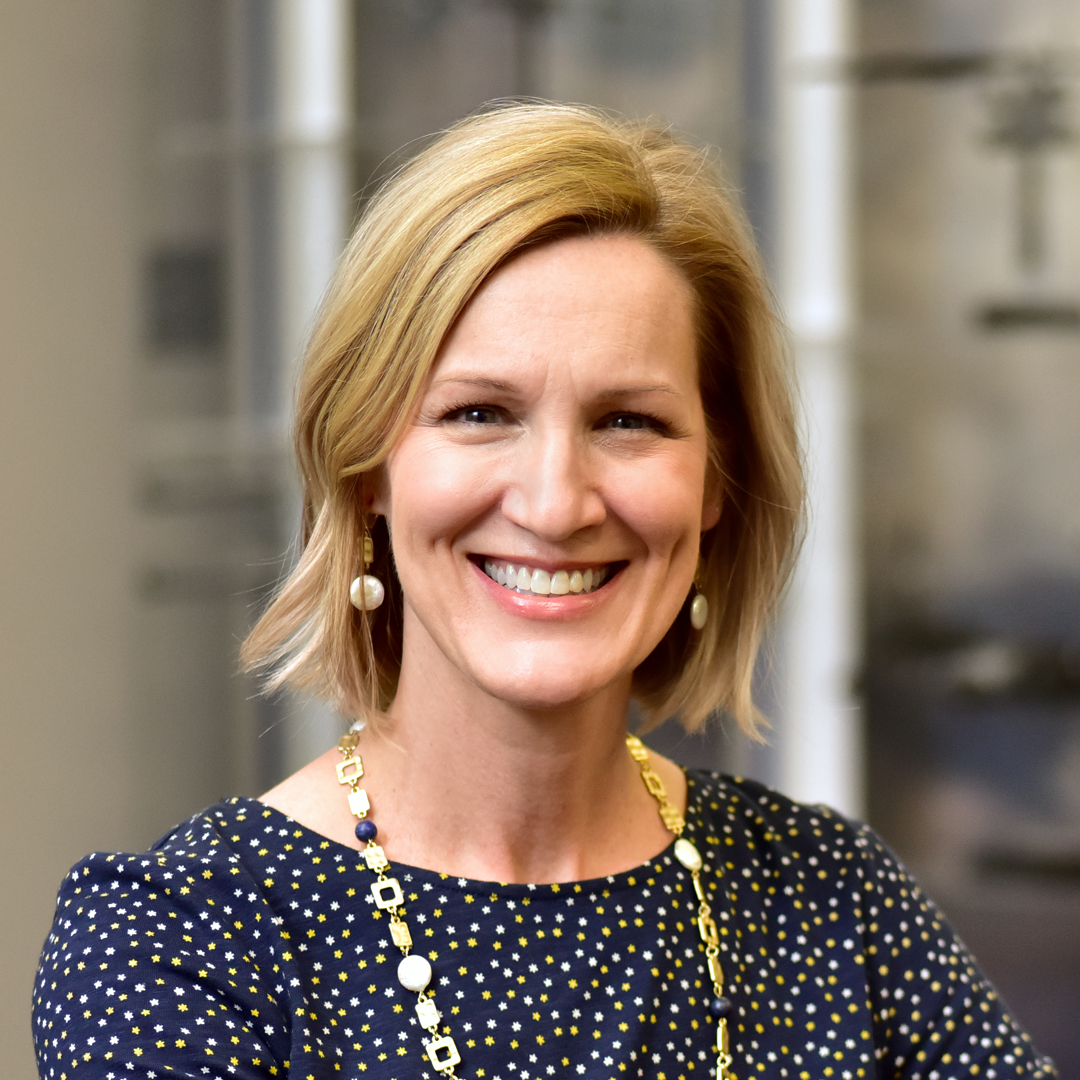Slicked with a day’s rain, the cliff face seemed impossible to scale—at least, that is, to everyone except Frederic Mauhs.
“I’ve made it a goal to climb all forty-six peaks in the Adirondacks,” he says. “While climbing this specific peak, everyone I’d met was turning around, because the vertical face up ahead was wet. Of course, a vertical face is difficult to climb even when it’s dry, and they’d all collectively convinced me that I couldn’t manage to do it either. But, I continued ahead because I wanted to see for myself just what the problem of the final ascent was.”
When he arrived at the face, Mauhs took time to ponder it and conjure a serie of strategic handholds and footholds that might work in the particularly slippery conditions. “Suddenly a combination of moves appeared to me, and I thought, ‘Wow, I have to try this, if only out of respect for my confidence in the analysis,’” he recalls. “And in retrospect, it wasn’t hard at all. But the feeling of accomplishing a goal that others had convinced me was impossible was exhilarating. I was absolutely elated.”

As general counsel of corporate and investment banking for BBVA New York, Mauhs draws on the same love of challenges and finely calibrated sense of strategy to guide the bank and its legal team through the often complex environment of international finance law. “In the US, a GC is expected to step out of a strictly legal role for the institution, and I also serve on BBVA New York’s executive group, where I find myself spotting not just legal issues that arise but really any risk issue in areas not covered by the other members of the group,” Mauhs says.
Since BBVA is one of the largest banking groups in the world, with 8,000 branches in more than 30 countries, Mauhs’s role frequently entails bridging the gaps between a variety of cultures and just as many regulatory climates. Fortunately, the bank’s rigorous hiring practices help to lessen the challenge. “One thing our global legal function does exceptionally well is hire very impressive legal talent,” Mauhs says. “The head office retains a high degree of quality control in filling senior legal positions internationally, and that helps foster an atmosphere of mutual respect among affiliates. We in-house lawyers know that our colleagues are all top lawyers in their respective jurisdictions, and we know we can rely on their advice.”
Mauhs contributes to this culture by actively communicating to his business colleagues the talents of the affiliate legal staff as well as the importance of considering their opinions. “I believe it’s absolutely essential for us, as lawyers, to openly and vigorously defend the opinions of our foreign legal colleagues if they’re correct, no matter how unfortunate those opinions may be for a particular business transaction or proposal,” Mauhs says.
Given the international and global nature of BBVA, Mauhs says, he hones-in on trust as a core concept for successful outcomes. “I think the key to working with the European head office and the global general counsel is mutual trust, and you develop trust through mutual respect,” he says. “That includes respect for the legal culture and legal system of the other’s jurisdiction.”
Mauhs also feels that it’s important to ensure each member of his own legal team is on the same page. “Everyone on the legal staff has to have the bigger picture—that is, all of BBVA’s legal and business interests—foremost in mind,” he says, “instead of focusing on simply their own internal clients. They must be willing to take co-ownership, with me, of the most important issues facing the institution.”
Before joining BBVA, Mauhs studied law in both the US and Germany and was later hired as general counsel for an international bank based in Germany. During that time, he says, he developed key aspects of his approach as GC, which ultimately contributed to his longevity in the banking industry. “I acquired early on a philosophy as far as how to approach the representation of a foreign corporation in a highly regulated U.S. legal environment, and one of the most important aspects to that approach has to be transparency,” Mauhs says. “Externally, you are obviously transparent with the bank’s regulators and clients, but then internal transparency is, I think, the most important ingredient to how you survive within a large organization like BBVA. It’s how you keep diverse corporate units on the same page and how you maintain trust.”
The other key aspect, he says, is simply perseverance. “One skill I try to model for more junior lawyers is perseverance in adverse conditions,” he says. “As lawyers, we bring analysis to the table, and you’ve got to persevere in your analysis of difficult transactions or business propositions until you see that avenue which will bring your goals to fruition. When you can structure a seemingly risky transaction to make it safe for the bank, and get management comfortable with it, it gives you a great feeling. That’s something I hope all young banking lawyers get to experience in their careers.”


